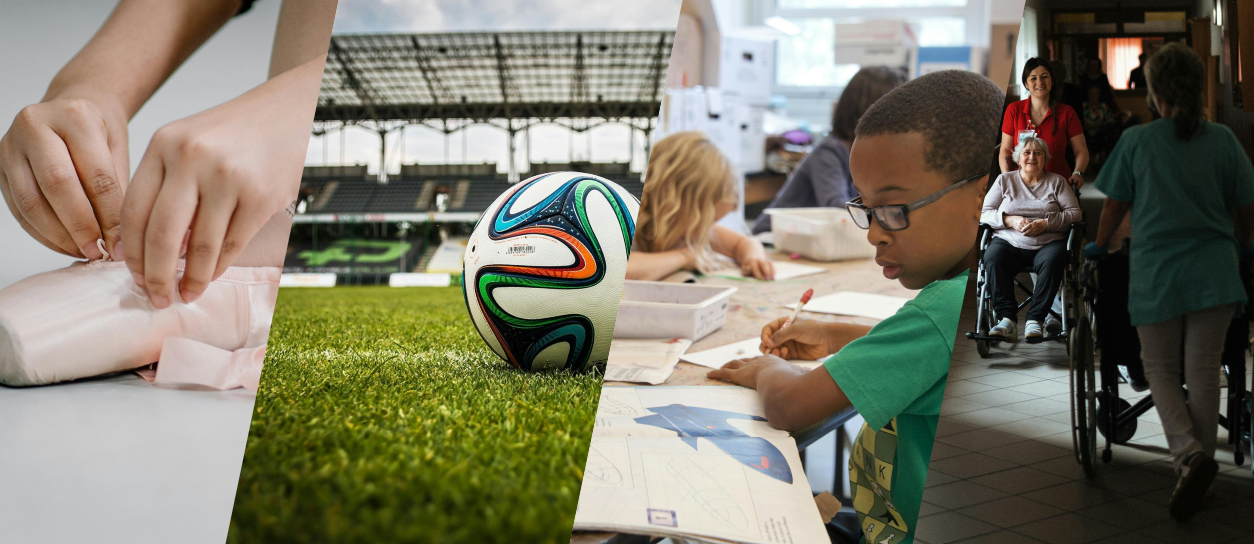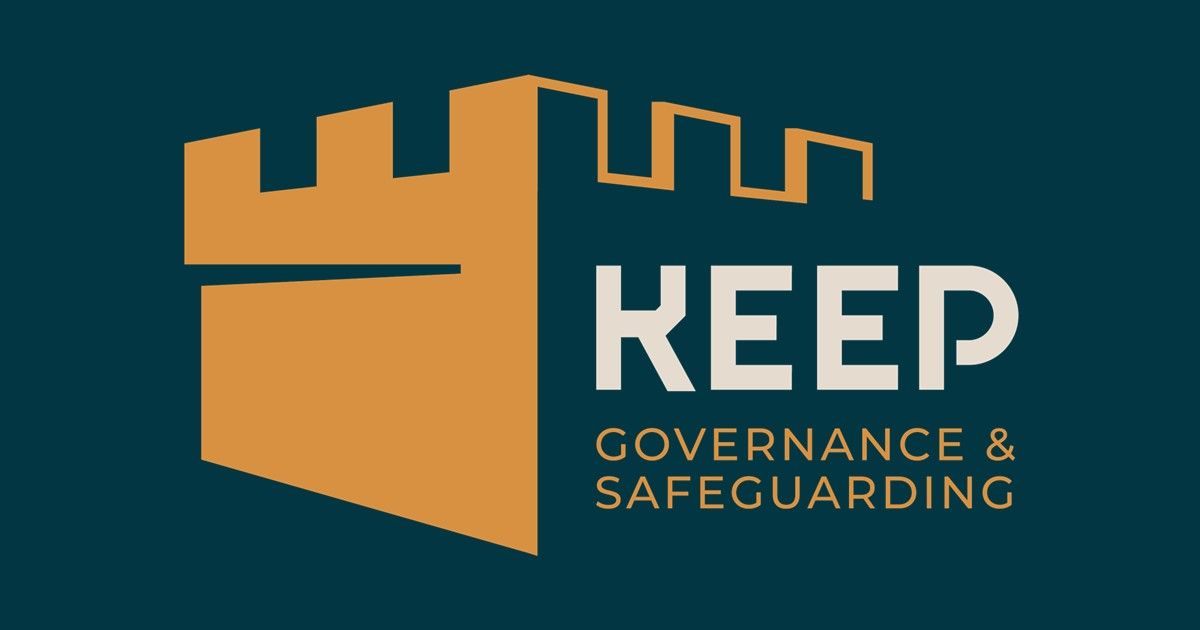Pornography in Parliament - or in public - is not really the issue
A societal seismic shift which we've not seen coming, maybe by choice...
No-one should be watching pornography in professional working spaces, or in public for that matter, and if proven the MP concerned should be removed from office. But outcry about politicians doesn't get to the root of the problem.
UK police data shows there were 73,260 sexual offences where the victim was a child in the year to March 2019[a] and research demonstrates that 67% of girls and young women have experienced sexual harassment from other students at school[b]. The last 30 years has seen consistent and continuing increases in the free availability of pornography, how explicit and extreme it is, and how it is accessed by children. Children’s views of sex, relationships and consent is being shaped by pornography and whether through a lack of desire to address this growth, or because no-one really saw it coming, it is now part of many people’s lives.
The normalisation of watching pornography (Ofcom reported 49% of the UK adult population visited online adult content in Sept 2020[c]) fuels the sexual objectification of women and girls - as well as men and boys - and while research is inconclusive as to whether exposure to pornography increases the likelihood of perpetrating sexual violence or harassment, much research identifies the role of pornography in perpetrators lives and how it undermines the notion of consent[d,e+f].
The government’s Online Safety Bill is currently going through parliament and, if it becomes law, will expect “providers who publish or place pornographic content on their services will be required to prevent children from accessing that content”[g]. It’s not clear how this will be implemented and whether such regulation will produce sufficient safeguards, I'm not convinced.
This is not a technology issue in itself, but an omission by us to tackle the growth in availability of pornography and our attitudes towards it. I do not propose pornography is outlawed and I empathise with people who use it – I did as a young man – but we need to realise that our lack of concern about its growth and impact has had and will have a significant impact on our children and society as a whole.
Sources:
[c] https://www.ofcom.org.uk/media-use-and-attitudes/online-habits/interactive/
[e] https://journals.sagepub.com/doi/abs/10.1177/088626087002002005




